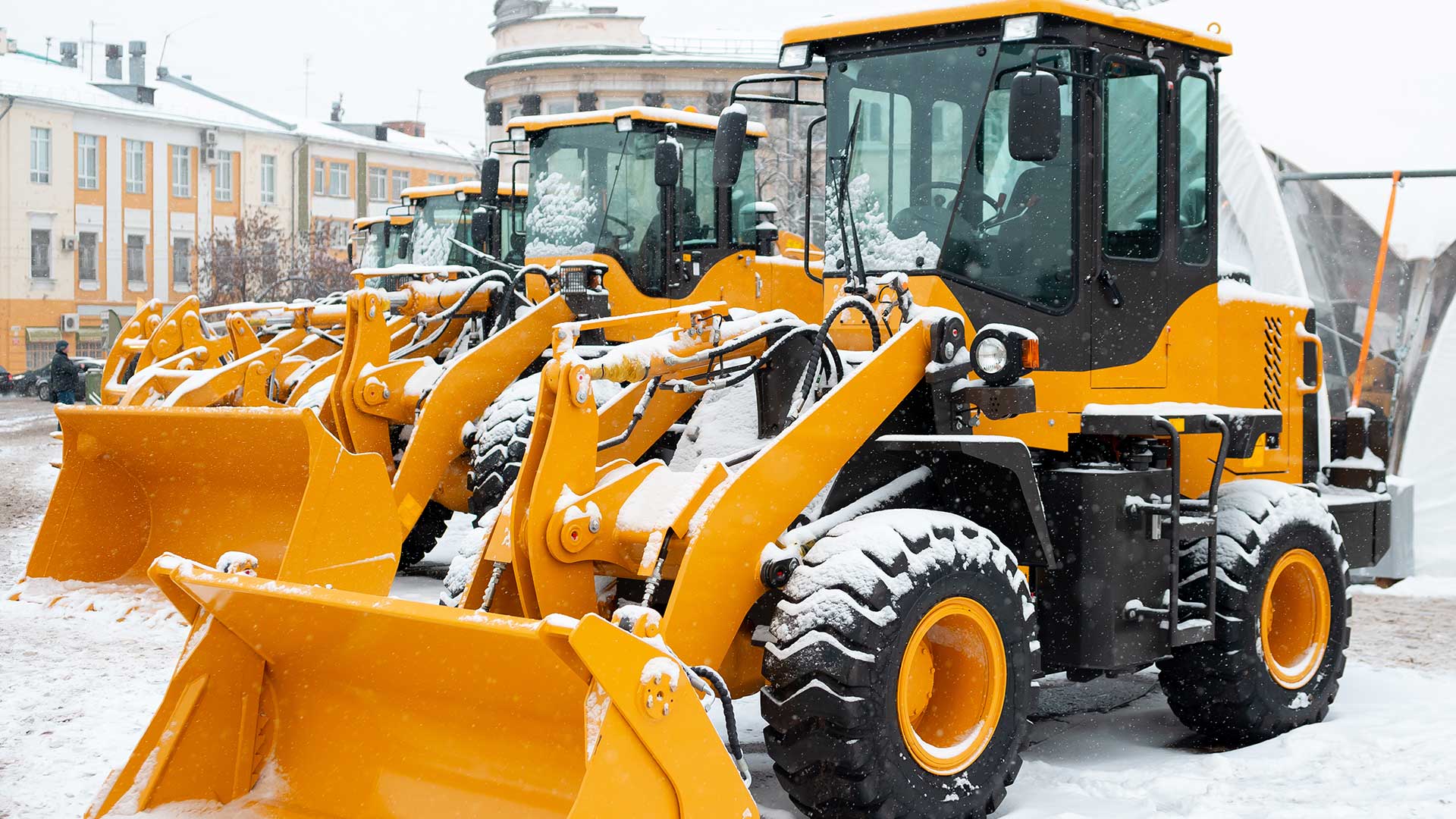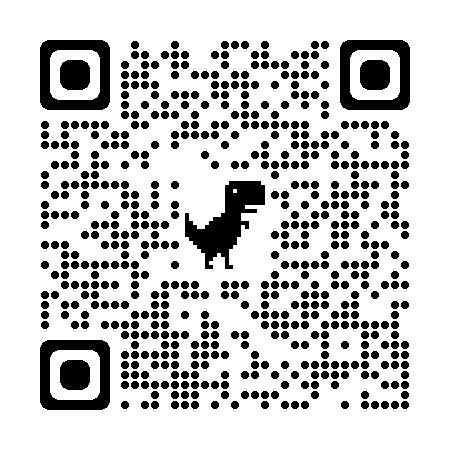Living in Colorado, the cold temperatures and winter weather adds an additional element of responsibility to equipment and car owners. If you don’t take the necessary precautions to protect your investment, there are several things that cold temperatures can damage and cause depreciation of your motorized assets. However, winter doesn’t have to be your enemy. With the information included, you will be able to stay on top of and manage any issues the cold weather may throw at you. In this article, we have compiled a short list of how winter weather impacts your equipment.
Tire Pressure
One of the most common overlooked results of winter weather is the impact on tire pressure. Low temperatures causes your tire pressure to decrease. For every 10 degrees F drop, your tire pressure drops one psi. This is important because under inflated tires do not perform well and is the number one cause of tire failure. Underinflation causes the tires to wear unevenly impacting your alignment, steering, and traction. In addition, during freezing temperatures and snowstorms one of the last places you would want to find yourself is stranded on the side of the road. Even worse is trying to change a tire in the wet freezing cold while other drivers pass by that can slide off the road in your direction at any time.
Batteries
An often unsuspected result of extreme low temperatures is the impact that it has on batteries. Low temperatures actually causes batteries to drain pulling voltage making it harder for the car or equipment to start. During times of cold weather it is important to look for signs of battery weakness or failure. Signs that a replacement is needed can include:
- slow engine crank
- corrosion around the posts
- leaking
- unexplained check engine light
- Other matters are issues with electrical components like wipers, windows, headlights, etc..
Fluids
It is a common occurrence during extreme cold temperatures that equipment fluids thicken causing it to not move as freely which can impact seals and joints causing friction. One fluid that can make a big impact is radiator fluid. It is important that you know the temperature range for your car’s required fluid. Most fluids can withstand temperatures as low as 35 degree below 0. This is why it is important to have your fluids flushed and filled to make sure they do not freeze in during colder temperatures. Below are the fluids you need to keep an eye on:
- Radiator
- Transmission
- Brake
- Oil (Some equipment requires thinner oil during winter months)
- hydraulic oils + fluid
The list of things you can do to protect your equipment can be extensive. What you see here is just a small list of things that can be impacted by winter weather. To help you manage these effects, I would recommend reading our Winterize Heavy Equipment article which gives you a checklist you can view and act upon at your leisure. For the best result, contact us soon and keep your equipment running smoother for longer.







































